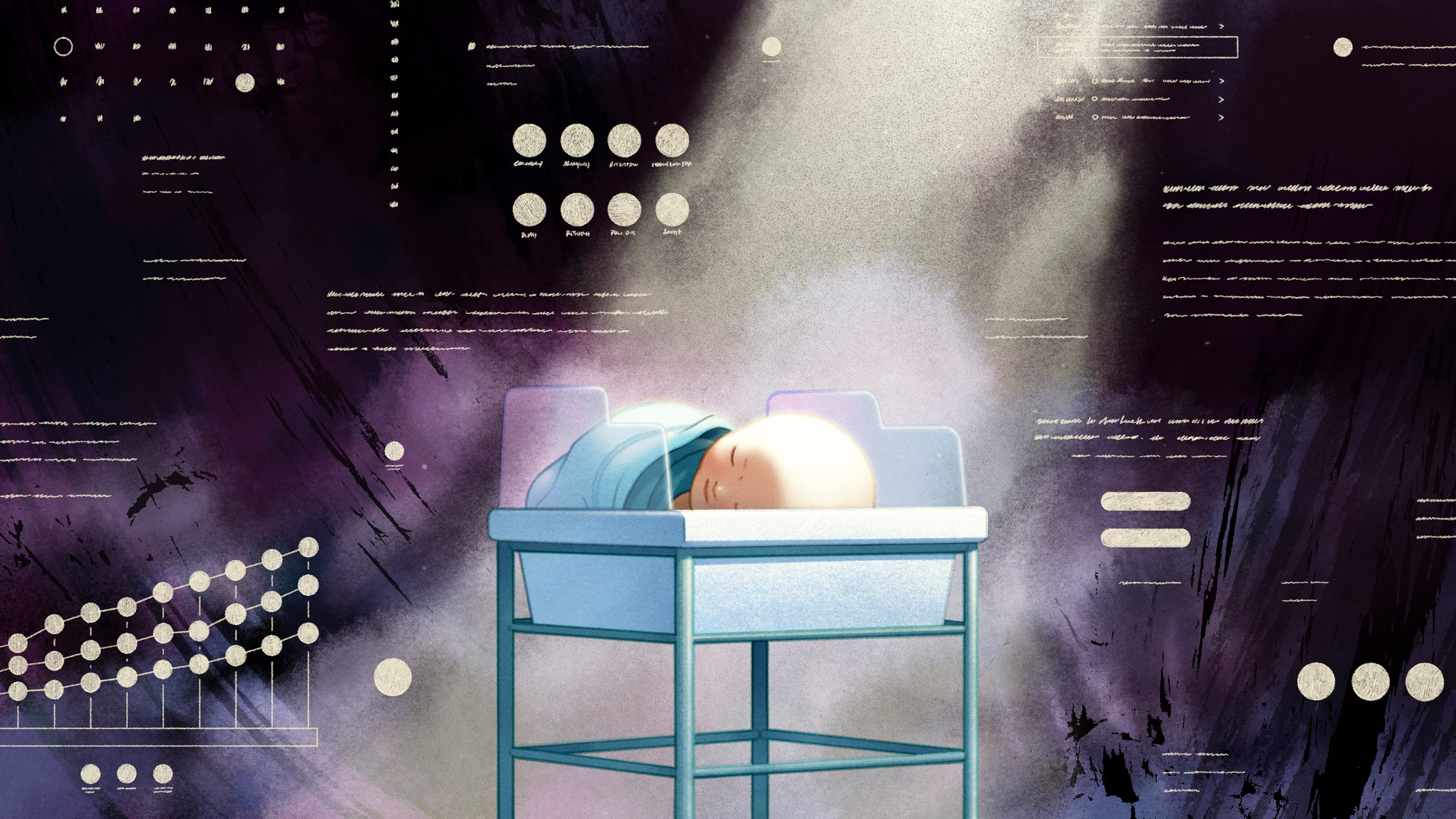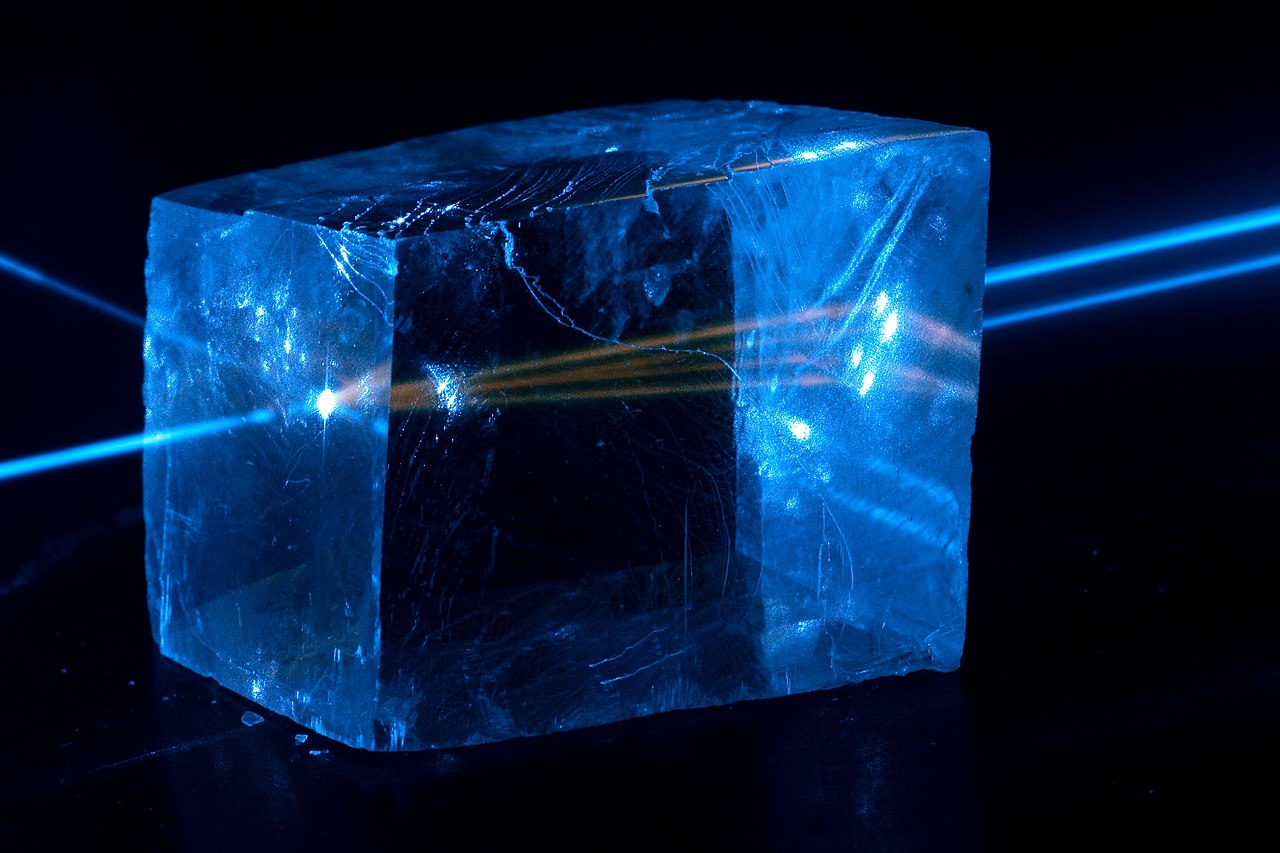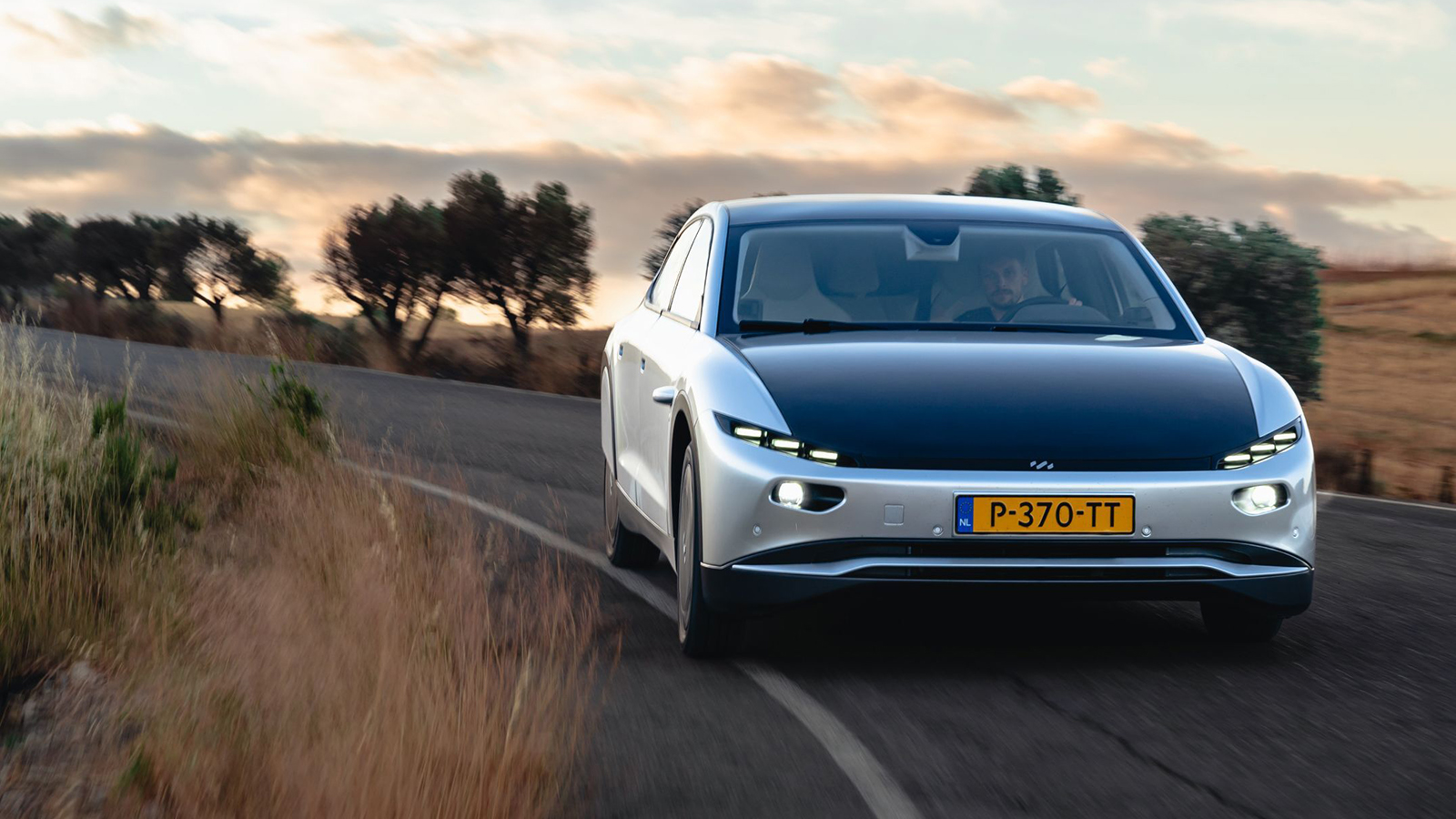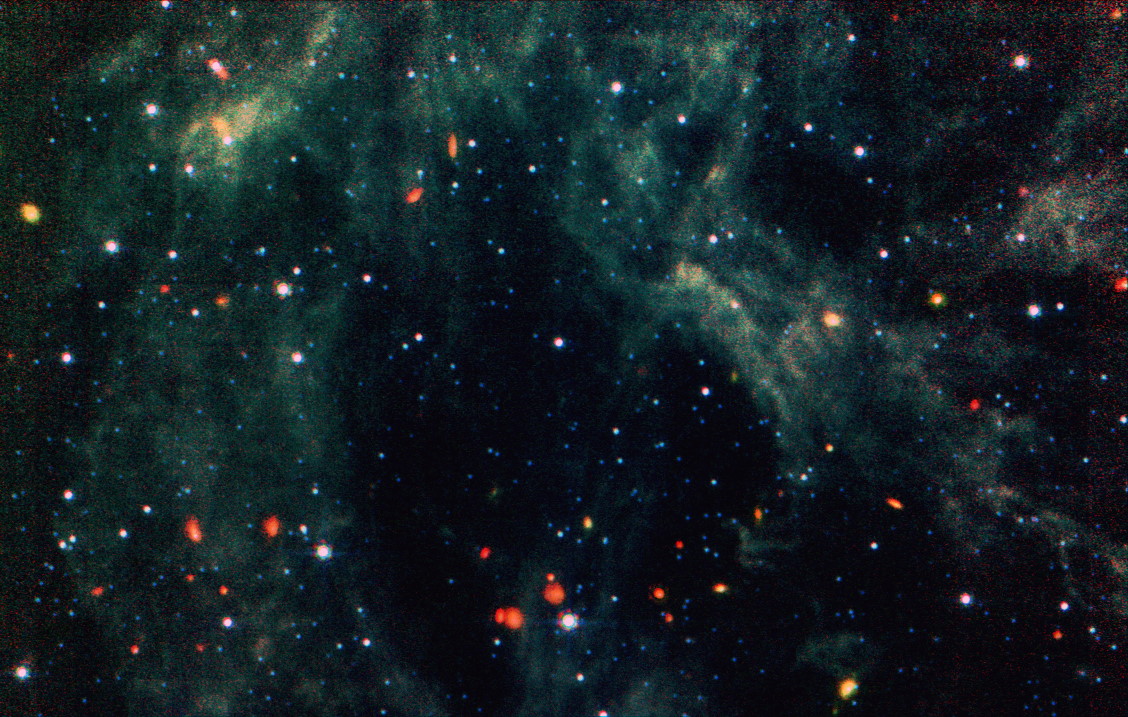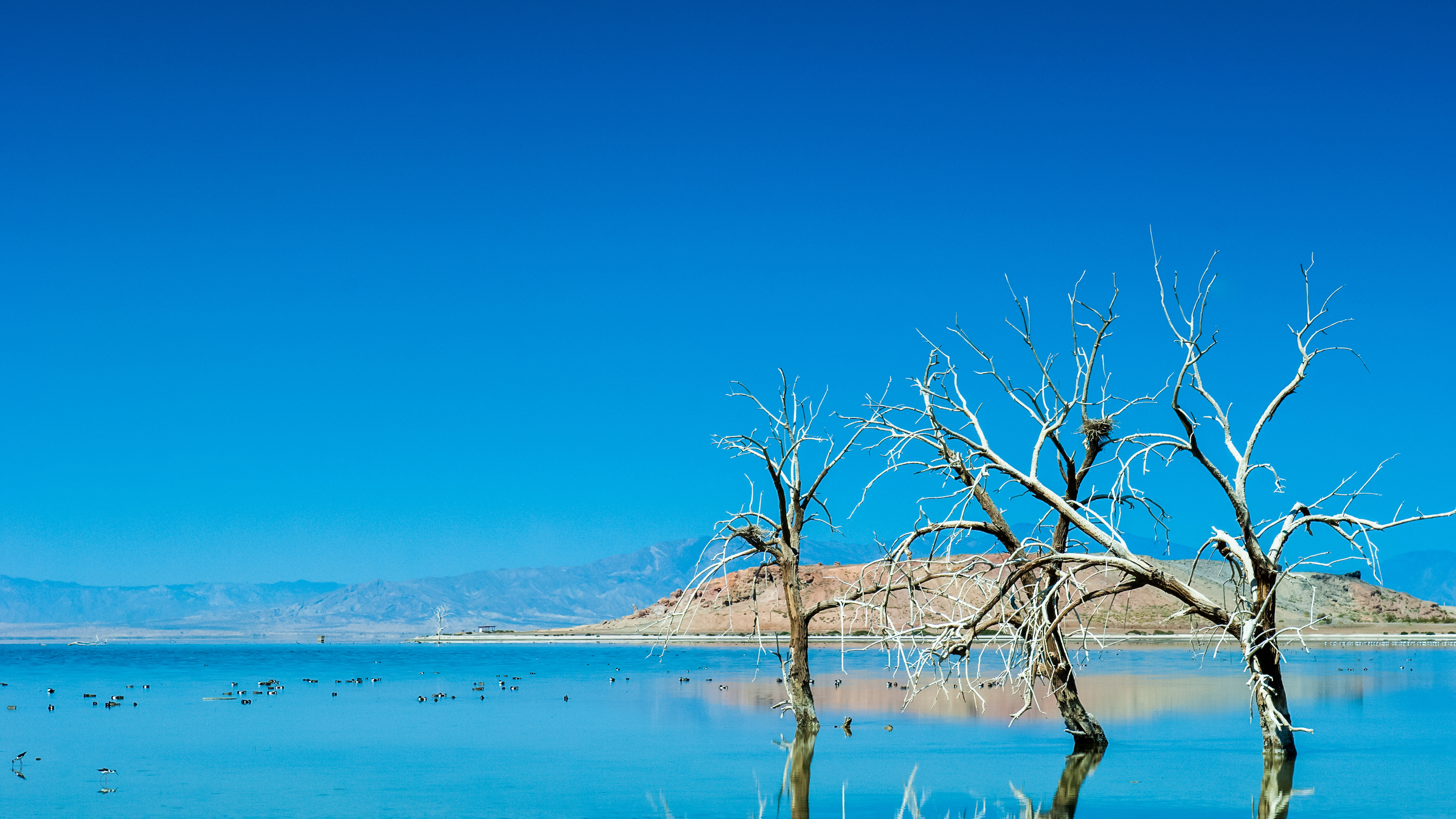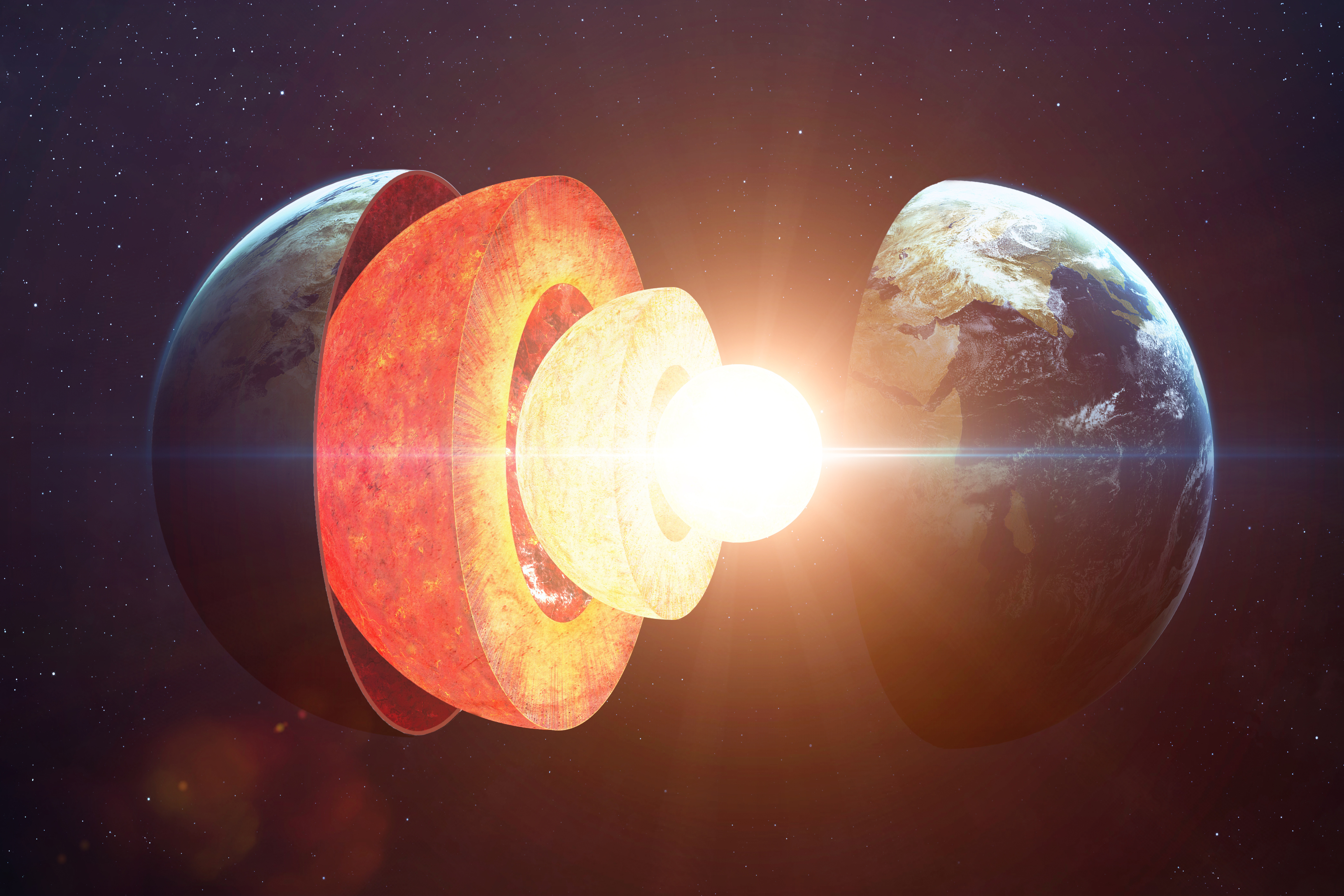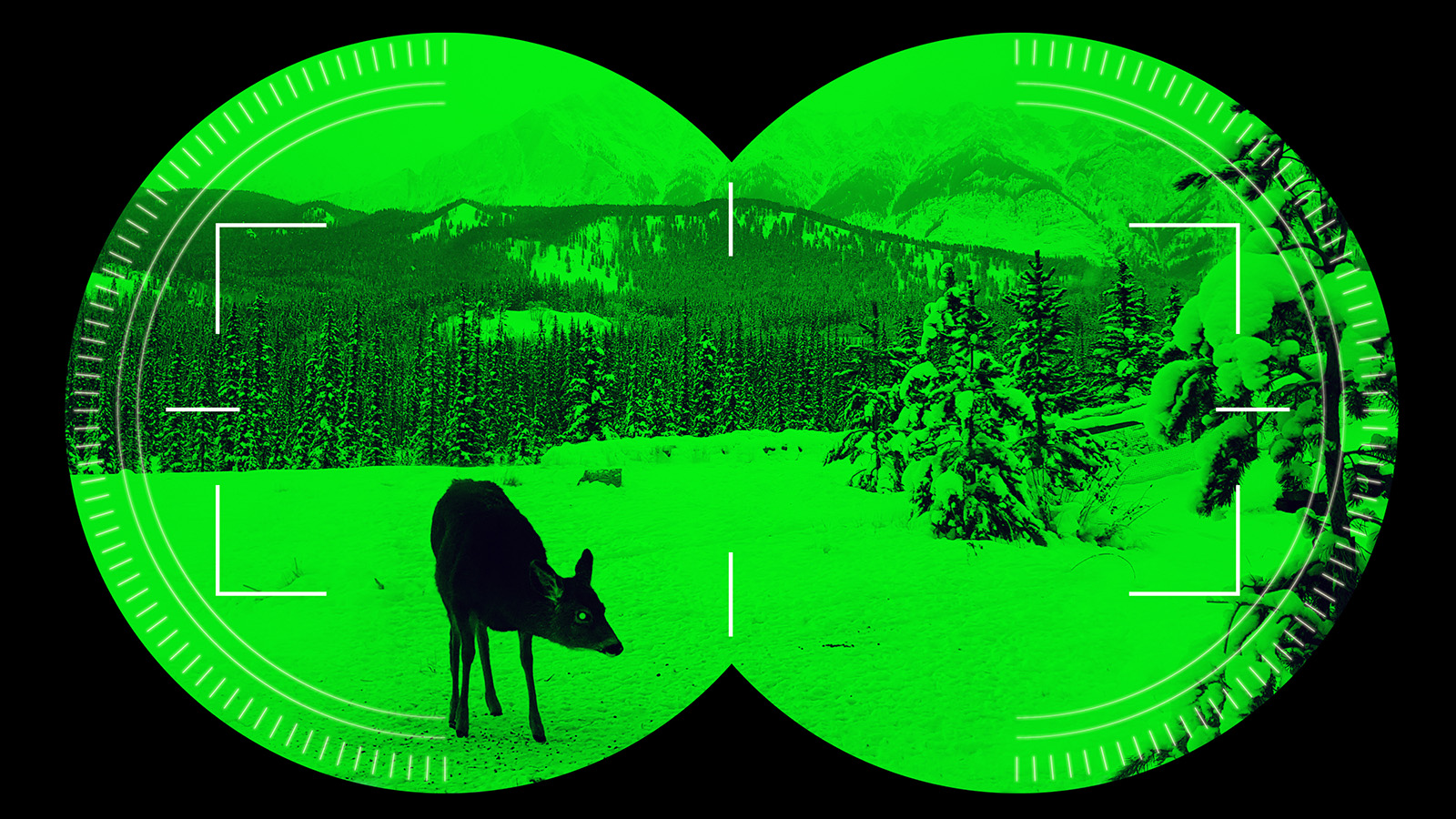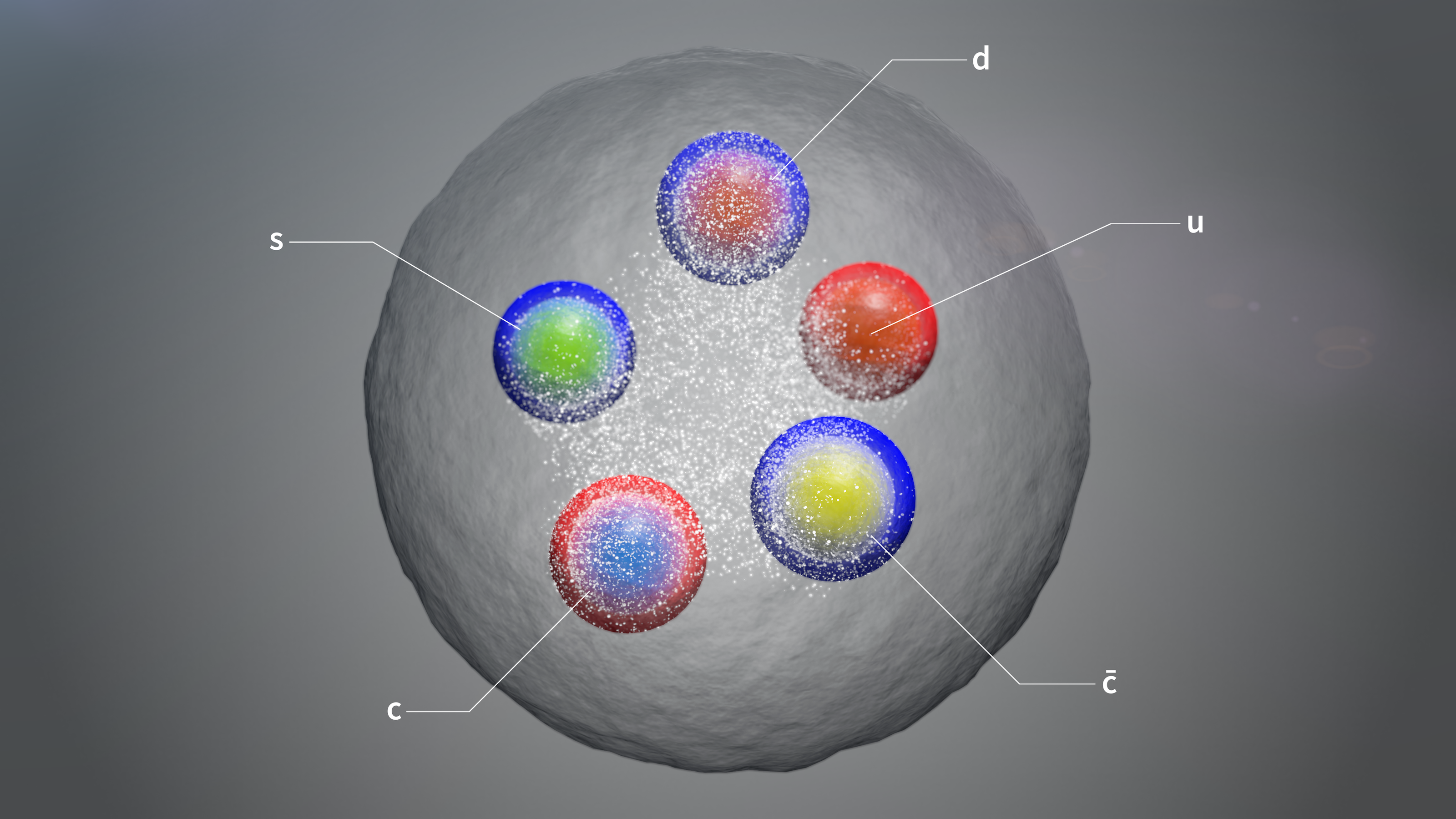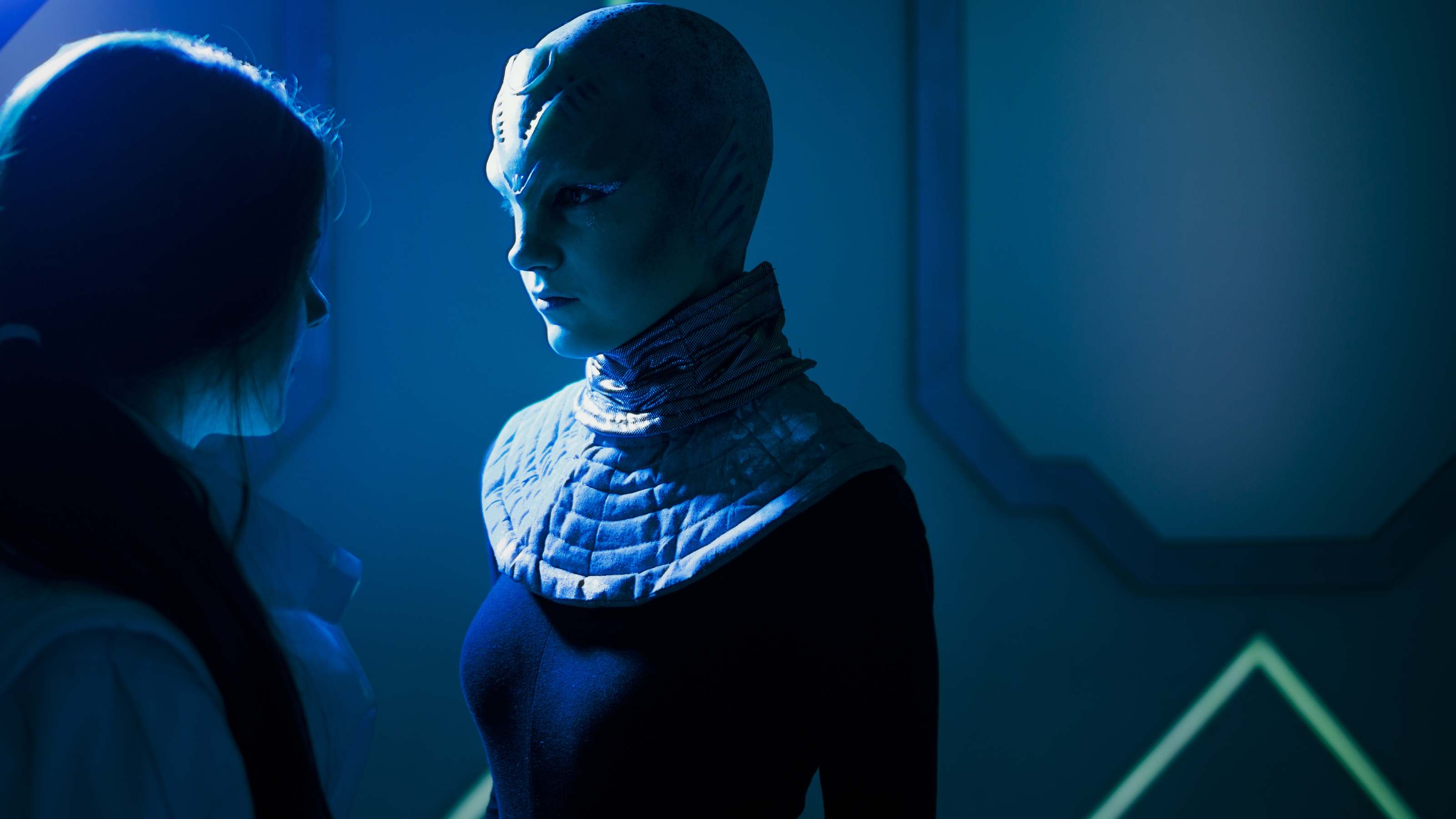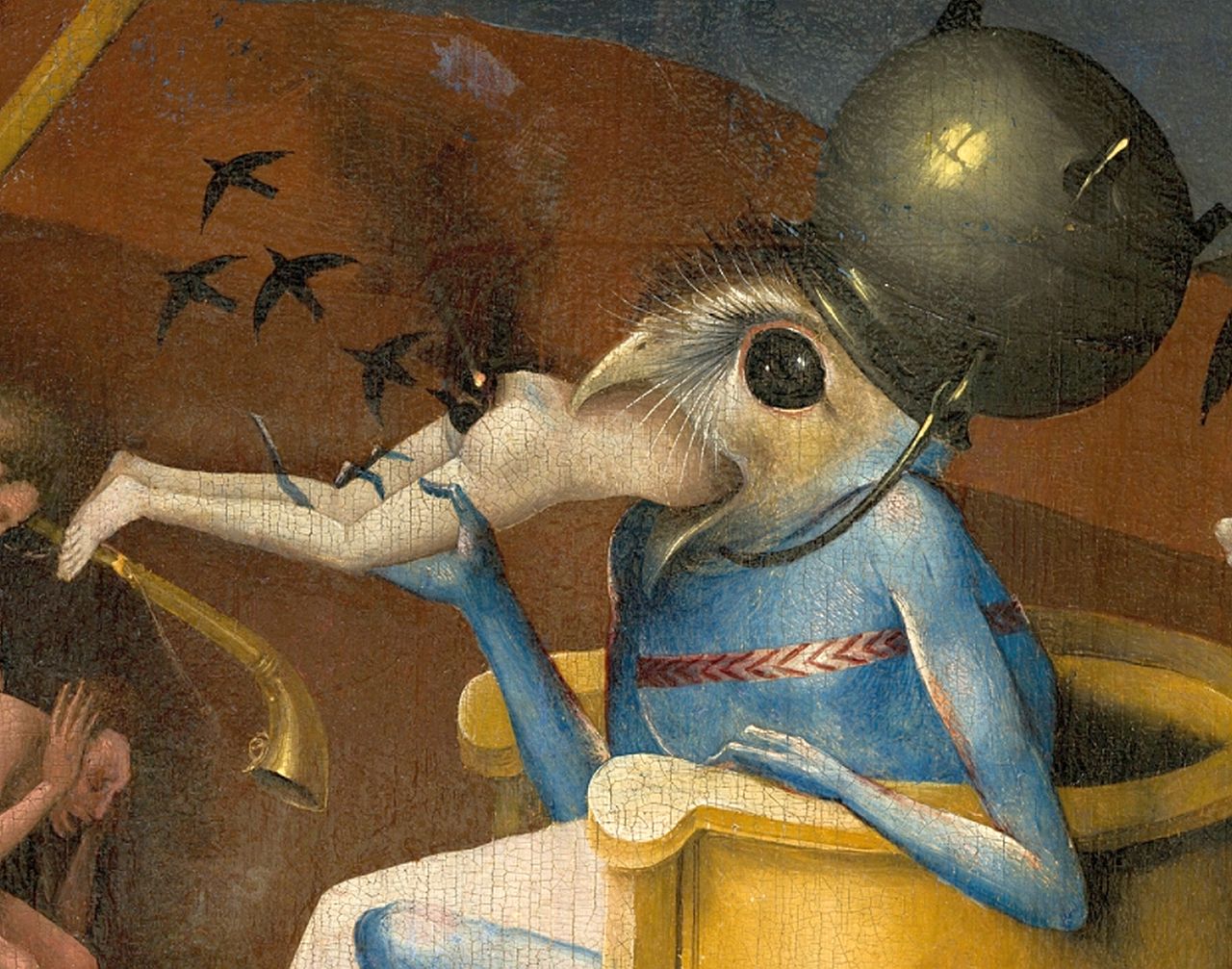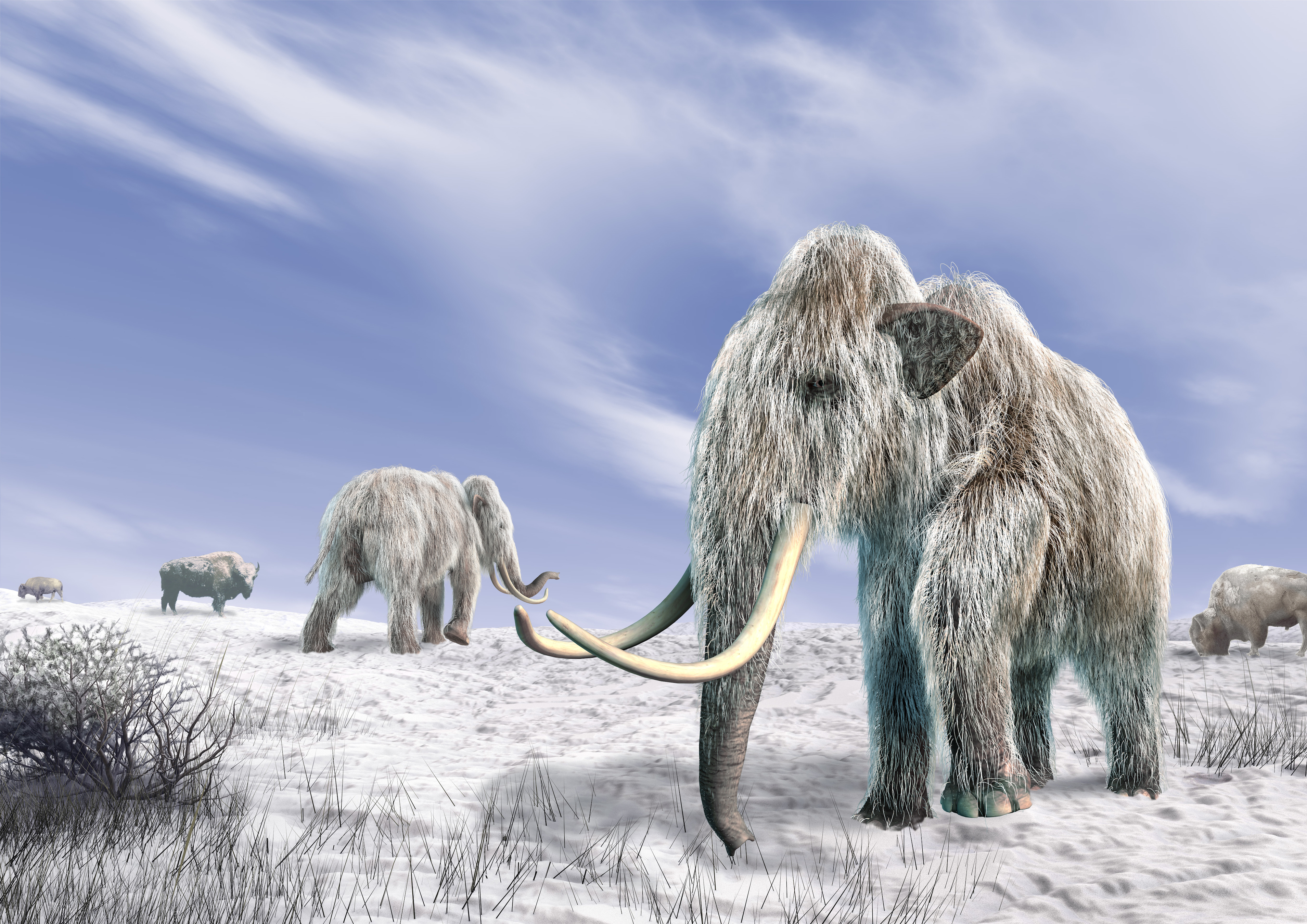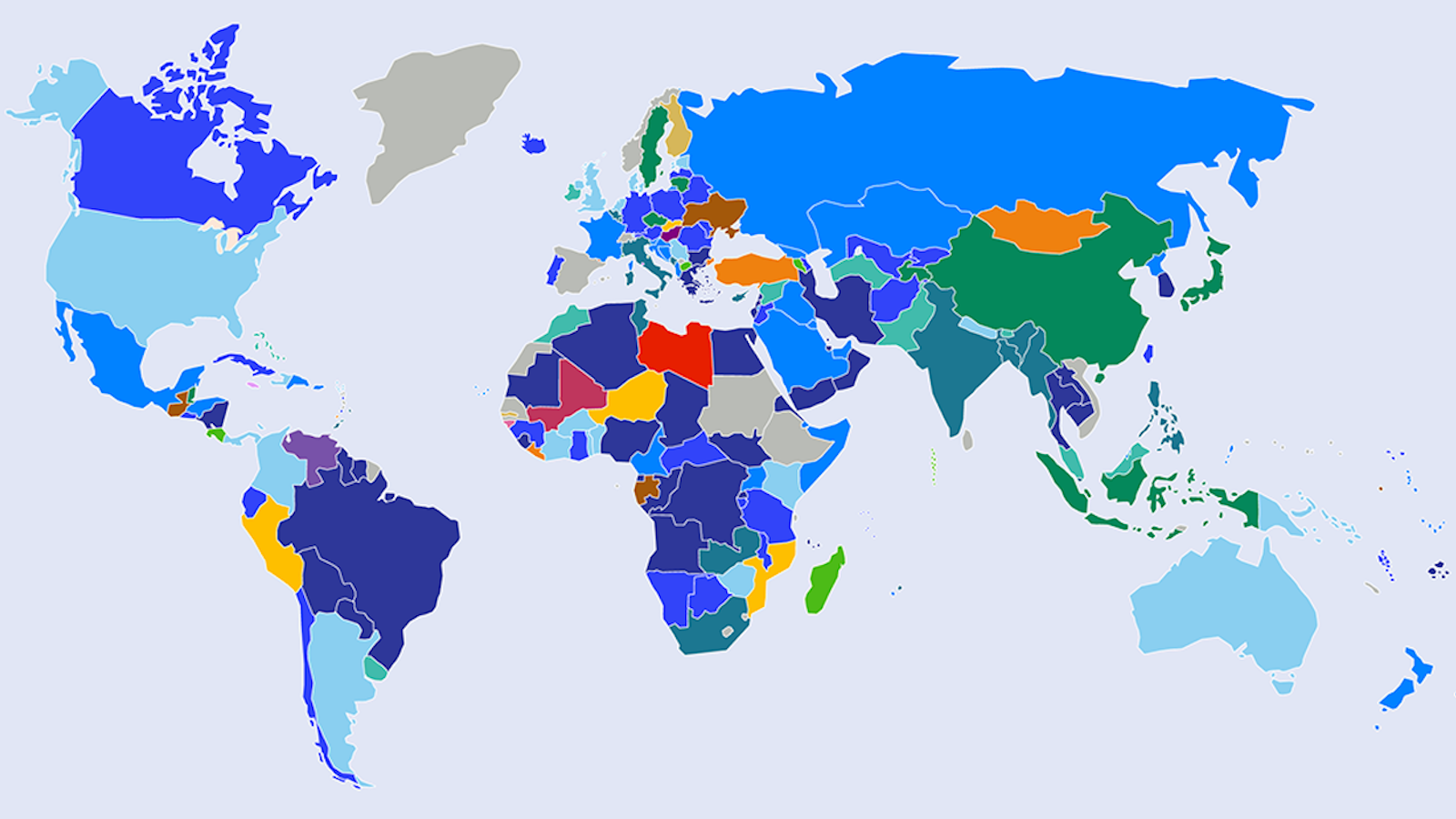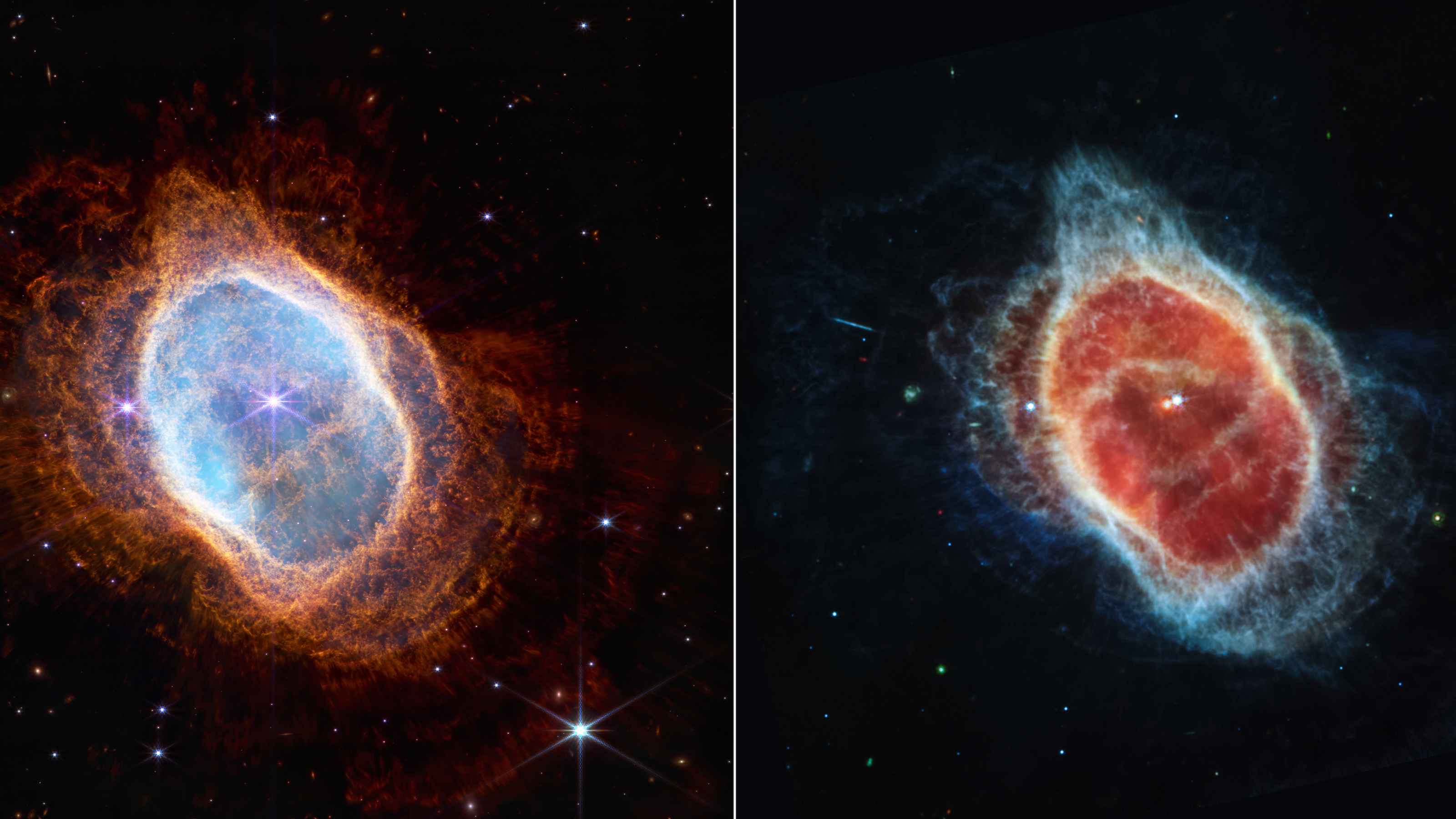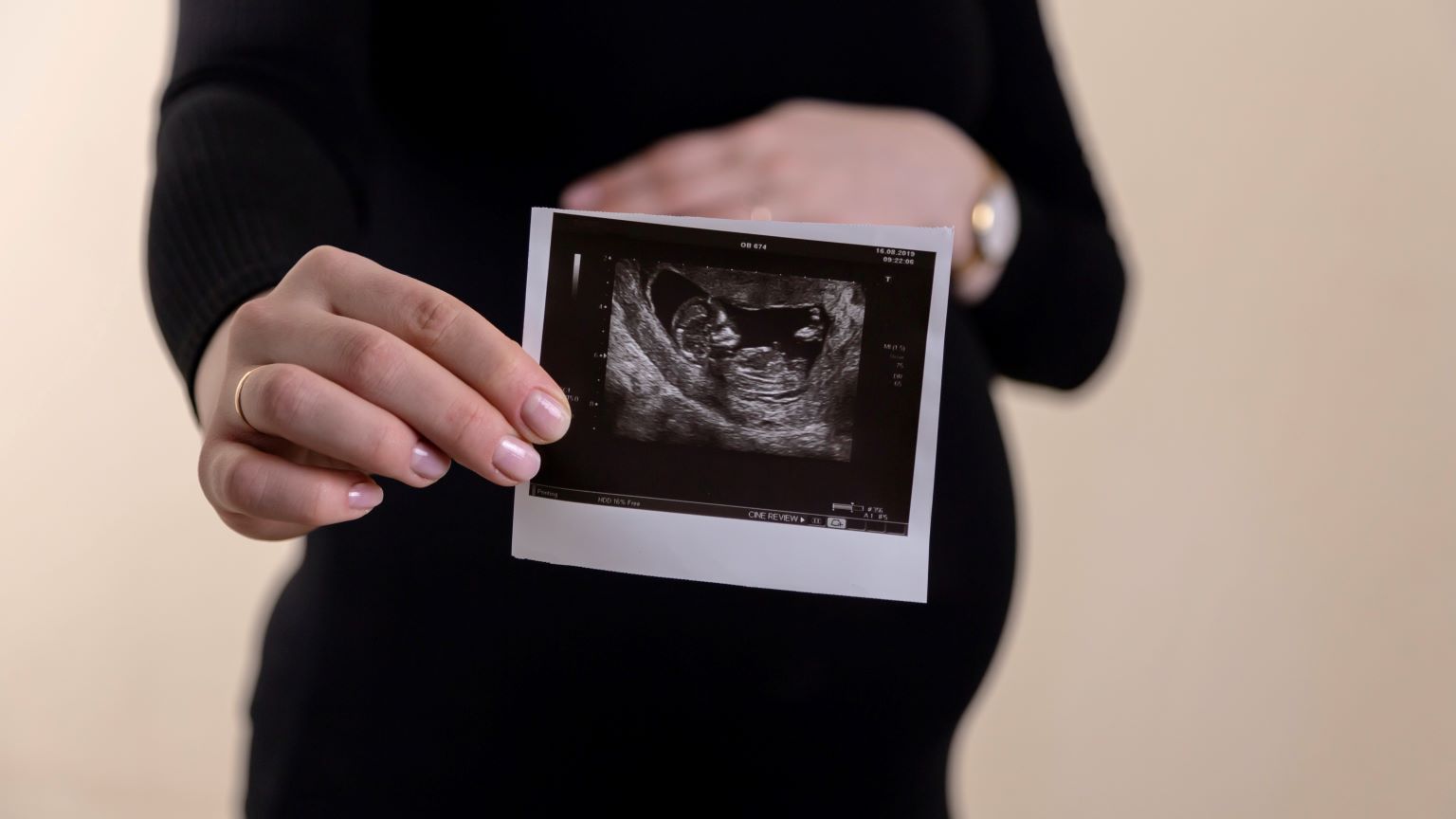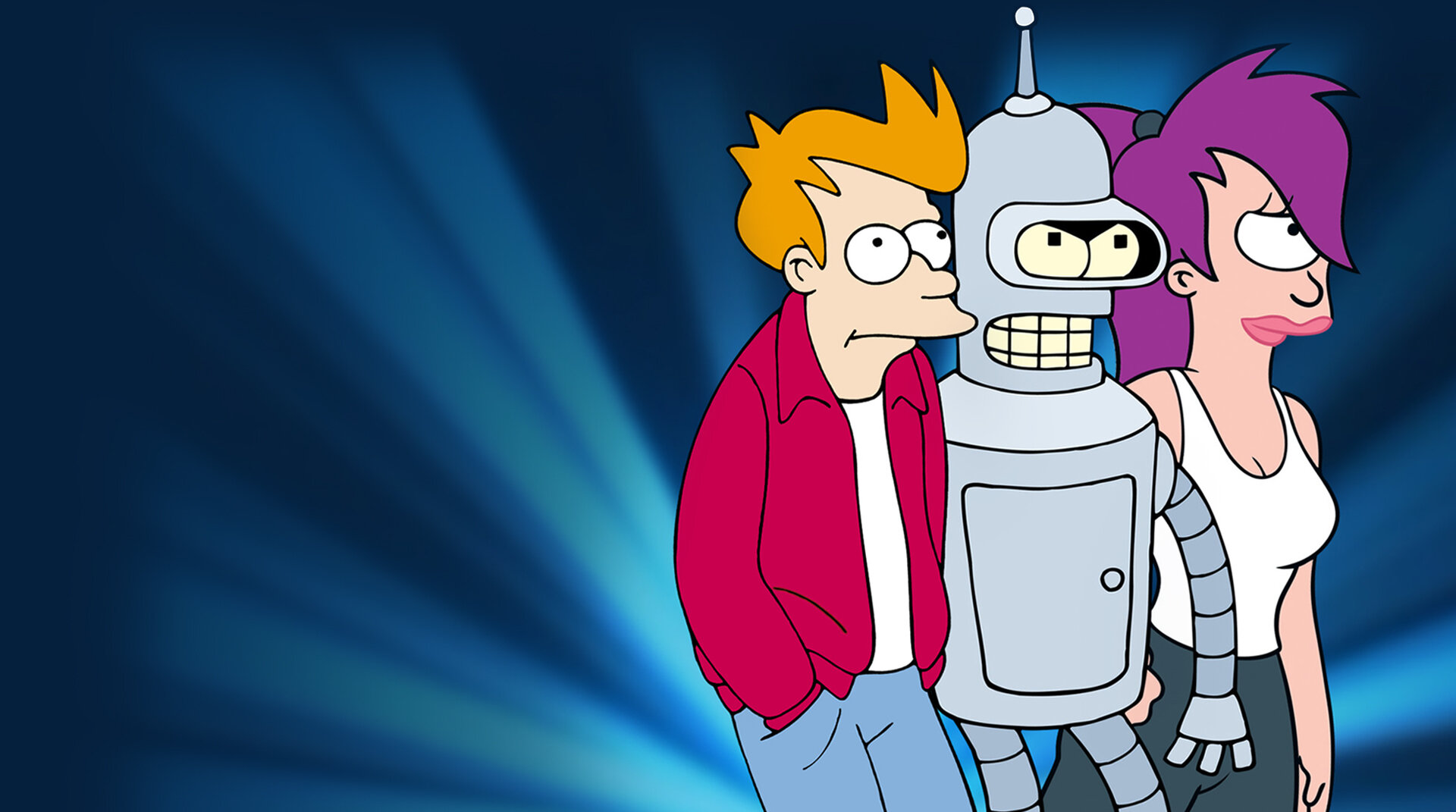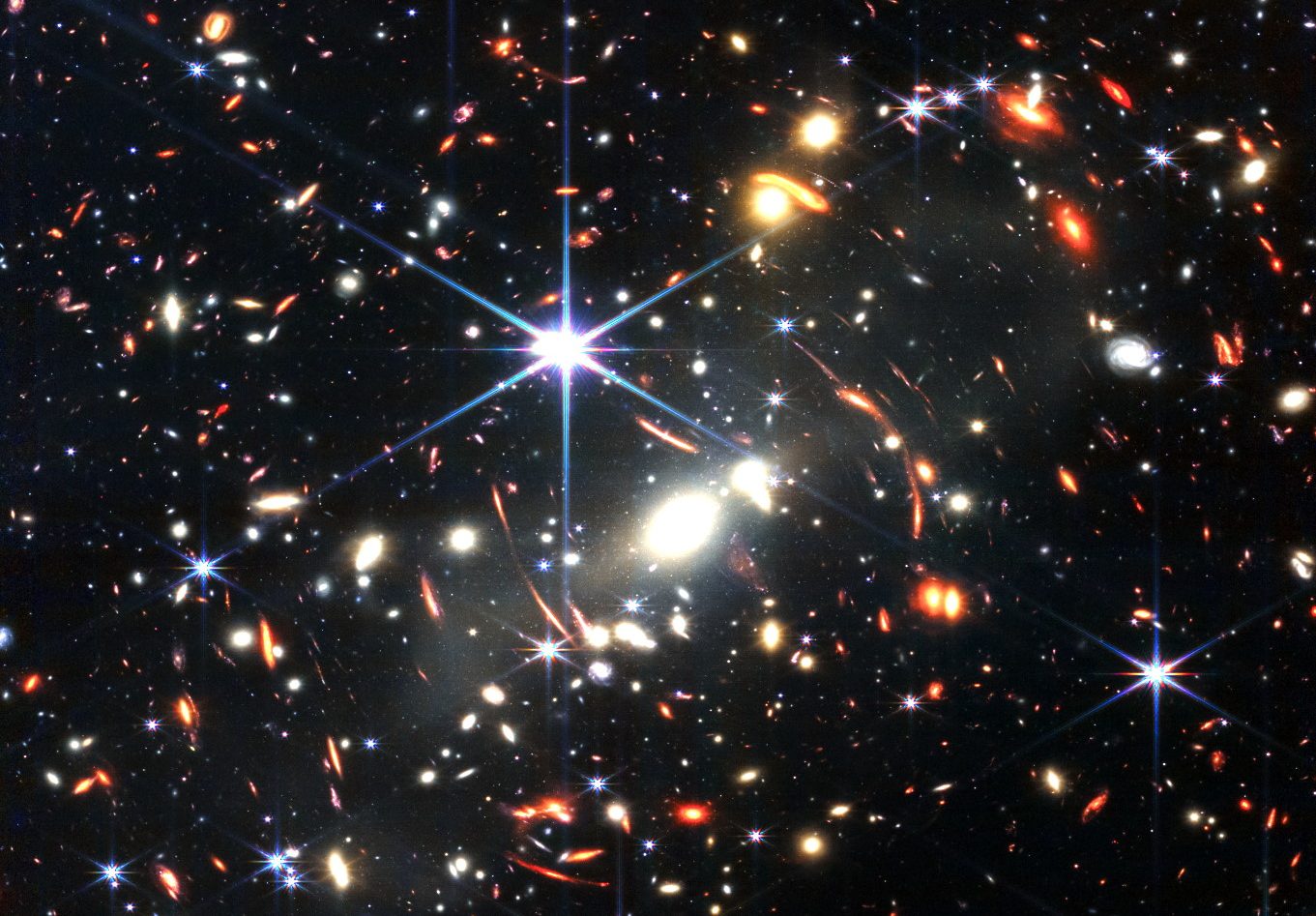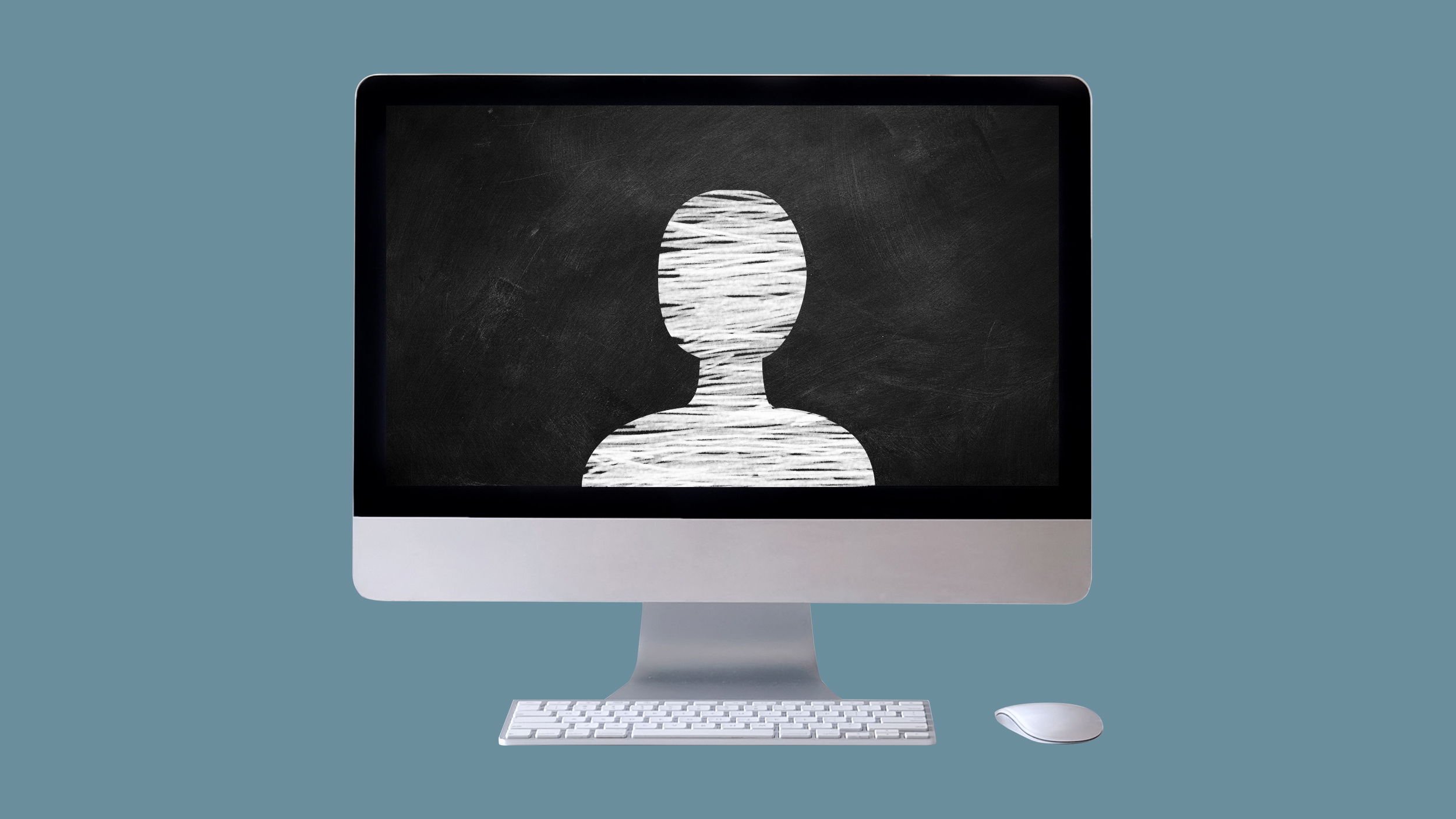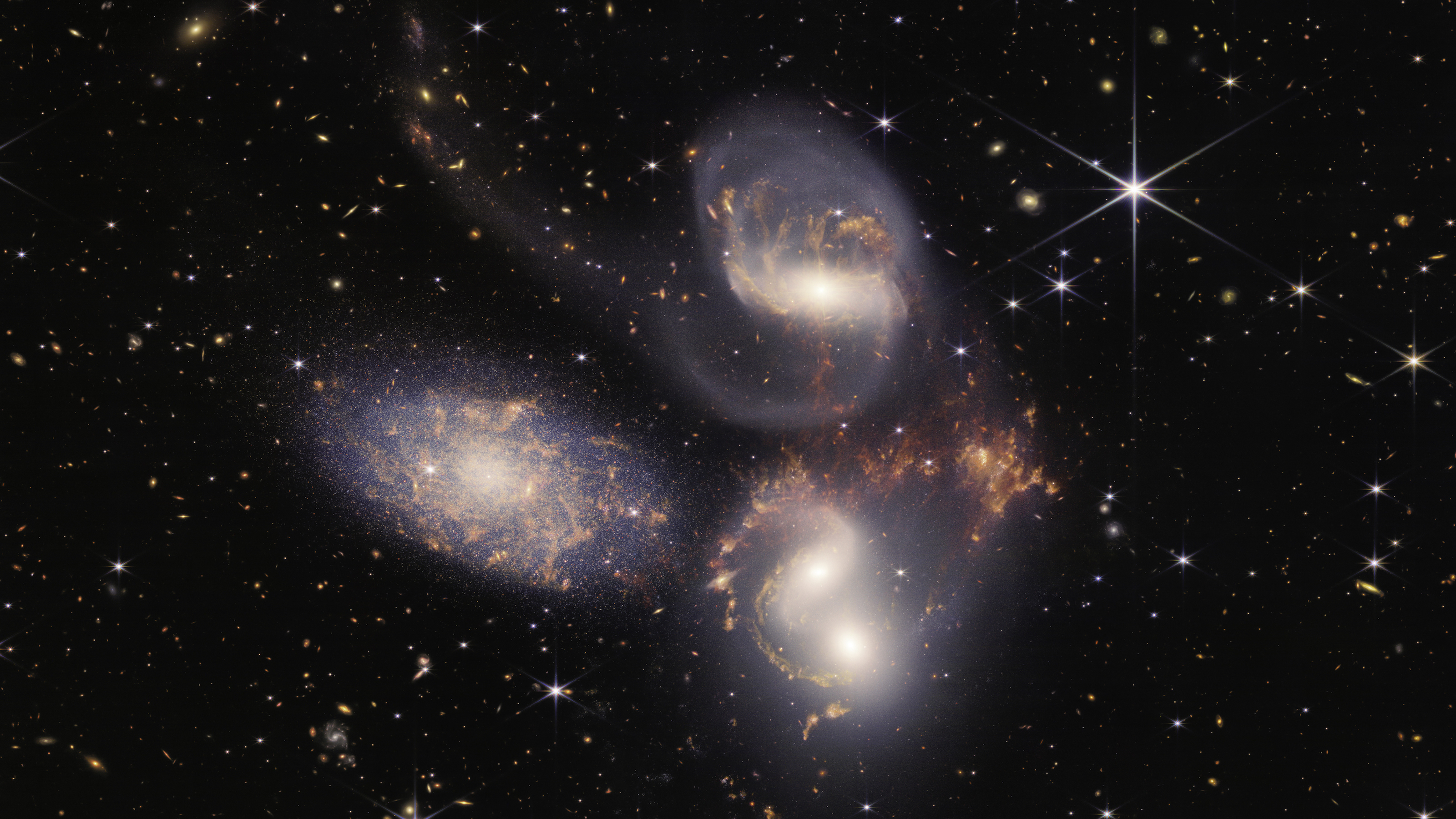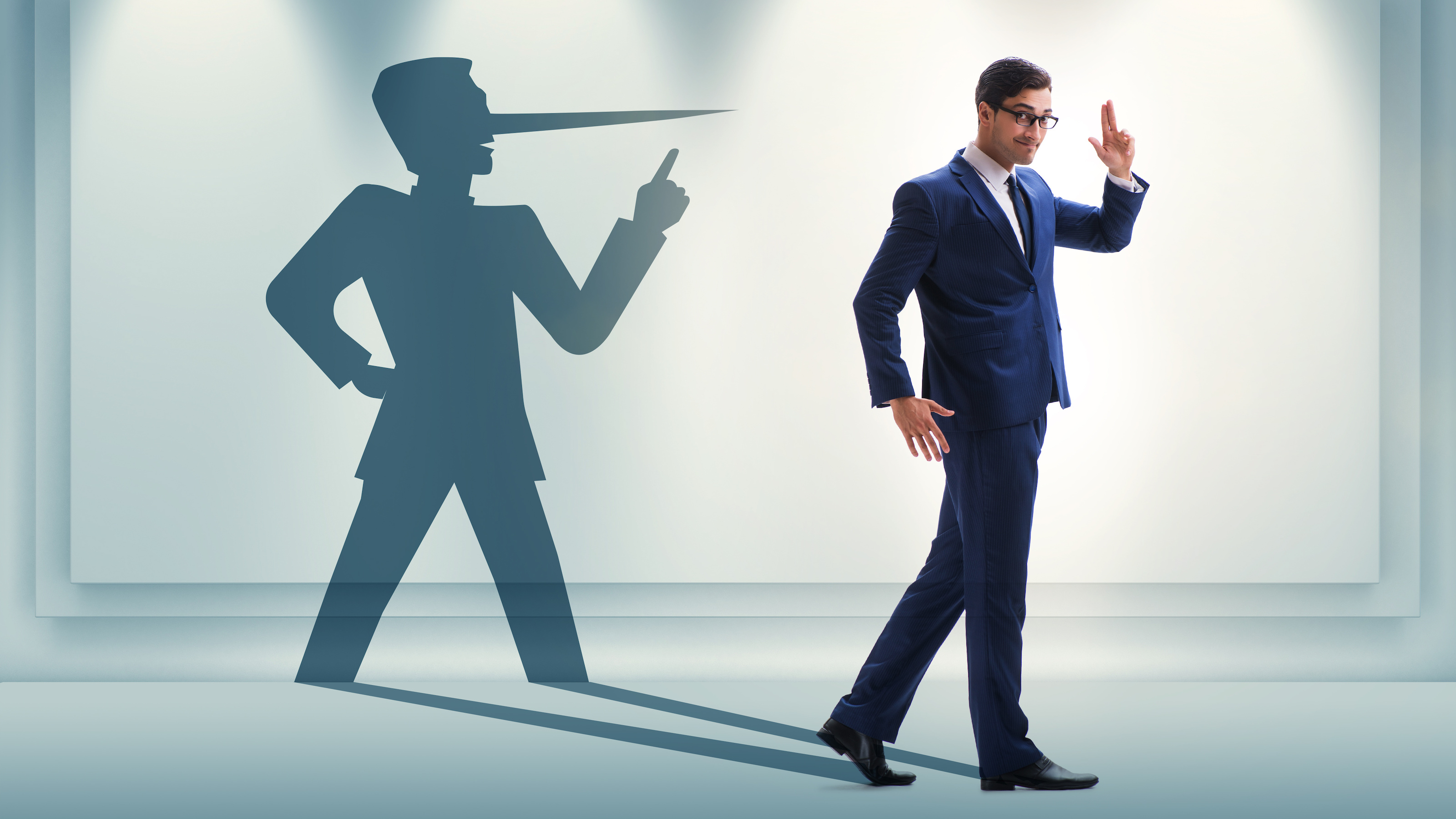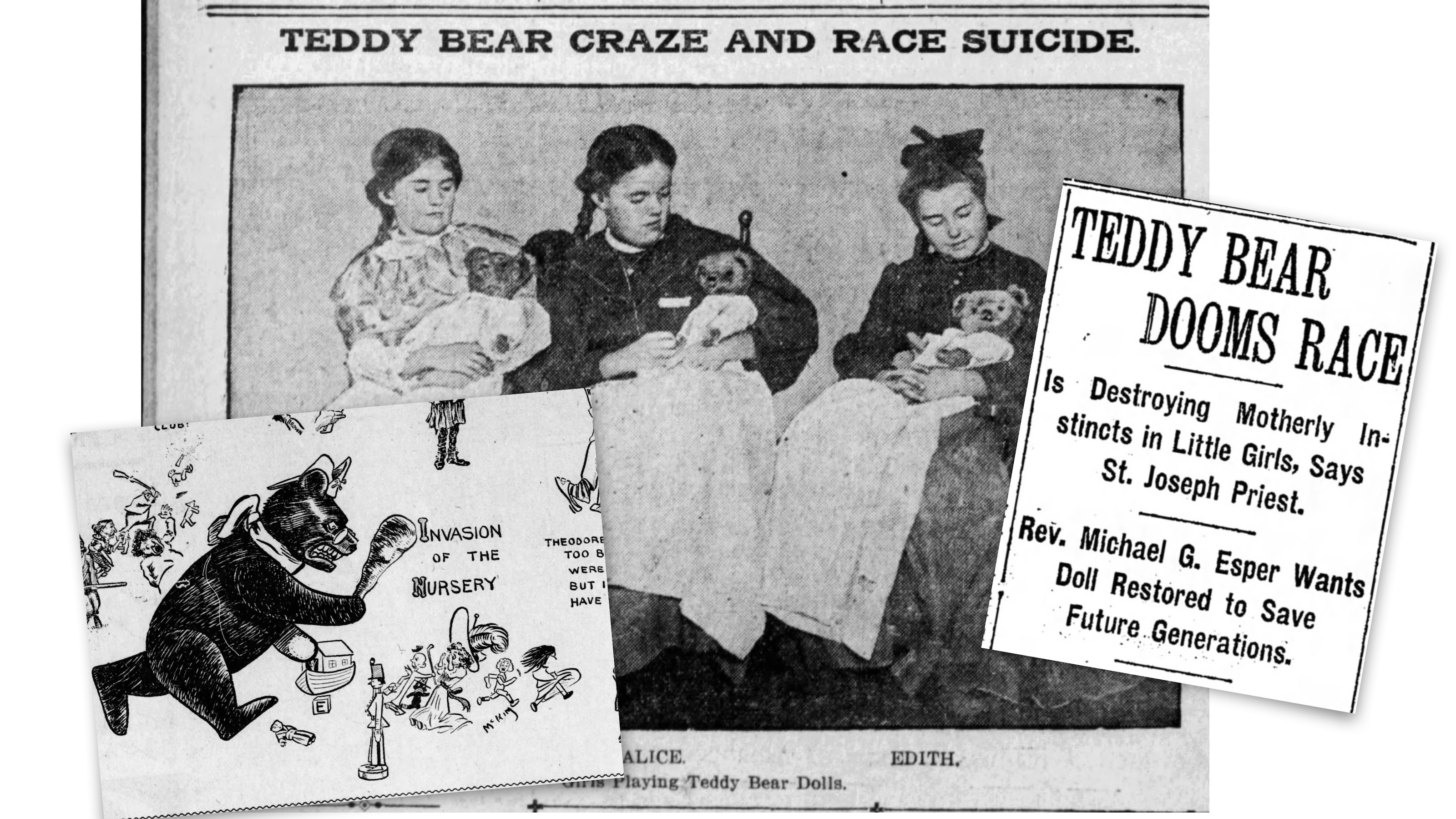NicoBoard is an app that helps parents make sense of a frightening time.
All Articles
There’s a speed limit to the Universe: the speed of light in a vacuum. Want to beat the speed of light? Try going through a medium!
It’s not a huge leap to imagine we could target the biological processes that mediate our behaviours.
Deliveries of the $250k Lightyear 0 will start in November 2022.
Even at its faintest, Venus always outshines every other star and planet that’s visible from Earth, and then some!
Cement production currently accounts for 8% of global carbon emissions.
More than 20% Americans live in a state with access to a medically assisted death.
Take a peek at the pre-release images used to calibrate and commission JWST’s coldest instrument, now ready for full science operations.
A team of scientists hopes deep-earth lithium could sustain America’s vast demand for batteries. But extracting it won’t be easy.
The length of a day oscillates slightly every six years. This was a surprising discovery made last decade. We might now know why.
Livestock now outweighs wild mammals and birds ten-fold.
Deep learning AI has accurately created color images from night vision images.
Scientists have found three new examples of a very exotic form of matter made of quarks. They can yield insights into the early Universe.
Myrkl (pronounced “miracle”) is supposed to let you go wild without facing the consequences the next day. But does it actually work?
The psychology of alien contact largely revolves around the concept of “otherness.” We need to learn to be comfortable around strange things.
In the philosophy of Star Wars, the Sith are evil because they surrender to passion. But is a life of total rationality a “good” life?
Is “The Garden of Earthly Delights” by Hieronymus Bosch a condemnation of sin or a celebration of hedonism? Art historians still aren’t sure.
Mammals have a history stretching back 325 million years. To study that ancient history is to know our own origins.
It started with a bang, but won’t end with one. Instead, it will “rage against the dying of the light” like nothing you’ve ever imagined.
“Politics is weird. It’s the only business in the world in which you take a really, really important position, and you give it to someone with no qualifications.” —Tony Blair
Like humans, stars die. The James Webb Space Telescope’s early images already give us a lot of information about how this happens.
Gradualism rejects the idea of a “bright line” in the abortion debate.
The fictitious 31st-century world portrayed by the series is actually quite a bit like our own in the 21st century.
Even with only 12.5 hours of exposure time, James Webb’s first deep-field image taught us lessons we’ve never realized before.
Virtual instructor-led training is easily scalable and convenient for remote learners. Here’s how to orchestrate it effectively.
Astronomy’s roots rest in the very origins of humanity. We have always looked to the skies for answers. We are starting to get them.
In a world where we assume people tell the truth, liars prosper. To stop them from exploiting others, here are three rules to catch a liar.
In the early 1900s, some Americans feared that teddy bears would not instill maternal instincts in girls, thereby causing “race suicide.”
In the wake of the pandemic, the crystal industry boomed, with customers hoping the stones might relieve a little anxiety.
